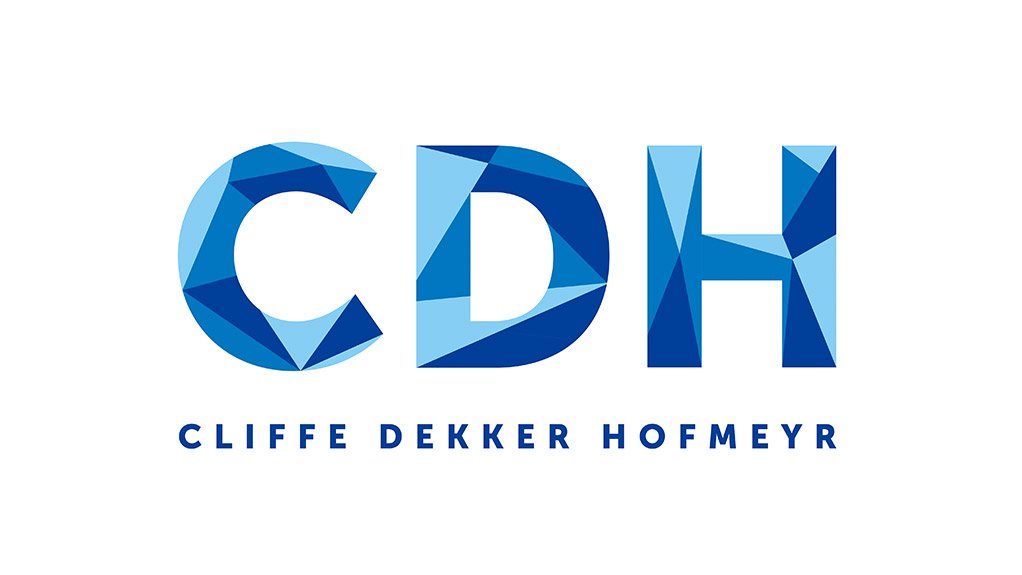The Hayward v Zurich Insurance Company PLC 2015 decision by the England and Wales Court of Appeal relating to insurance fraud has now been overturned on appeal by the UK Supreme Court. This appeal judgment sets an important precedent for the law relating to insurance fraud and will undoubtedly have an impact on the South African insurance industry.
History of the Hayward case
Hayward suffered an injury at work for which he claimed compensation from his employer’s insurer (Zurich). Although Zurich suspected that Hayward had fraudulently exaggerated his injuries to inflate his claim, it was unable to obtain conclusive proof of this. Shortly before trial, a substantial settlement was reached. Two years later evidence emerged from Hayward’s neighbours, confirming Hayward’s fraud. In light of the new evidence, Zurich sought to rescind the settlement, claiming that the fraudulent nature of Hayward’s representations induced it to conclude the settlement.
Hayward argued that the matter had already been disposed of with finality through the settlement agreement and that the court should accordingly dismiss Zurich’s application for rescission of the settlement.
The County Court upheld Zurich’s argument and set aside the settlement agreement, only awarding Hayward a substantially-reduced sum in compensation for his actual injuries.
In August 2015 the England and Wales Court of Appeal ruled in Hayward’s favour, holding that, since Zurich had been aware of (or had strongly suspected) the fraud at the time of conclusion of the settlement agreement, Zurich was not at liberty to have the settlement set aside when better evidence later arose. The court took a harsh stand and ruled that Zurich had concluded the settlement with “eyes wide open” and that the principle of finality of settlements applied.
Significant findings of the UK Supreme Court
The Supreme Court ruled on 27 July 2016 that, contrary to the 2015 finding, Zurich did not have full knowledge of all the facts of Hayward’s fraud when it concluded the settlement. It held that Hayward had grossly and dishonestly exaggerated his condition and Zurich had been induced into concluding the settlement.
The Supreme Court also confirmed that a party need not believe the truthfulness of a misrepresentation to still be factually influenced (ie induced) by the misrepresentation to conclude a settlement.
The judges of appeal acknowledged that in some cases an insurer may know that a misrepresentation is false, but may rely upon it anyway as a matter of fact. This will happen when, for example, an insurer knows that a claim is false but settles the claim to avoid the possibility that a court may accept the misrepresentation as truth.
The Supreme Court acknowledged that “[i]nsurers may often have grounds for suspicion about a claim but lack the hard evidence necessary to prove fraud,” and also conceded that, for an insurer,
“[t]o pursue an allegation of fraud without strong evidence is risky”.
The Supreme Court also ruled that an insurer’s thorough investigations into a claim where fraudulent misrepresentation was suspected would not preclude the insurer from being induced by the misrepresentations. The Court held that in almost all circumstances where fraud was suspected, subsequent proof of the fraud would unravel a settlement.
Impact on South African law
As it now stands in the UK, fraud (still) “unravels all”. This principle has for many years been incorporated in South African law. In terms of our common law, the purpose of the principle that “fraud unravels all” is to restrict the right of fraudsters to avoid the consequence of their performance.
Reversal of the 2015 judgment is good news for insurers in South Africa, as it reinforces the English-law principle that has previously been followed by our courts – that courts will not allow their process to be used by a dishonest person to carry out a fraud.
The principle of finality of settlement agreements is important, but the law cannot be seen to be condoning fraudulent practices.
Written by Willie van Wyk and Philene Spargo, Cliffe Dekker Hofmeyr
EMAIL THIS ARTICLE SAVE THIS ARTICLE
To subscribe email subscriptions@creamermedia.co.za or click here
To advertise email advertising@creamermedia.co.za or click here











